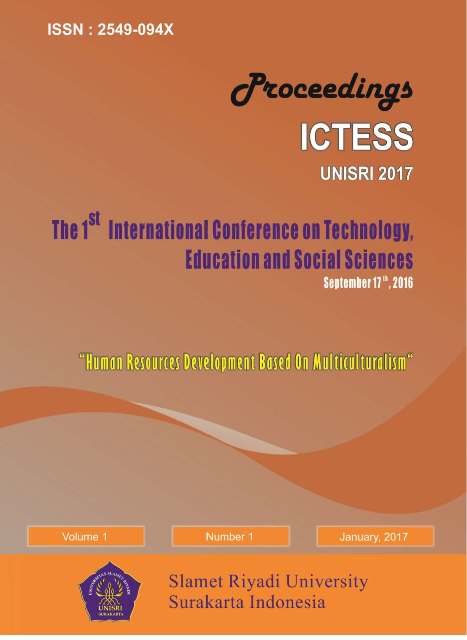THE EXISTENCE OF ELECTRONIC EVIDENCE IN VERIFICATION LAW SYSTEM IN INDONESIA FROM THE JUDGE’S PERSPECTIVE
Abstrak
To find out the verification of civil case and criminal case in Republic of
Indonesia’s Law No.11 of 2008 about Information and Electronic Transaction.
Conclusions: (1) in civil case using electronic evidence, the evidence that is
legitimate and can be revealed in the verification process is determined based on
Article 5 clause (1) and (2) of Law Number 11 of 2008 about Information and
Electronic Information confirming that information and or electronic document
can be considered as a legitimate evidence in verification process particularly in
civil case using electronic evidence, the evidence is the expansion of evidence as
regulated and enacted in the civil case law corresponding to the provision of
Article 1866 BW. (2) The verification of crime should ensure that the existing
electronic document came from electronic system meeting the requirement based
on the legislation and after the enactment of ITE Law, there is an addition of
evidence and the recognition of electronic document as a legitimate evidence
determining that electronic document or its print out is the legitimate evidence that
can be used before the trial as long as the information contained within it can be
accessed, displayed, and ensured for its completeness and accountable for thereby
informing a condition. In addition, the position of electronic document is
equalized to the document prepared on a piece of paper as mentioned in General
Explanation of ITE Law.

